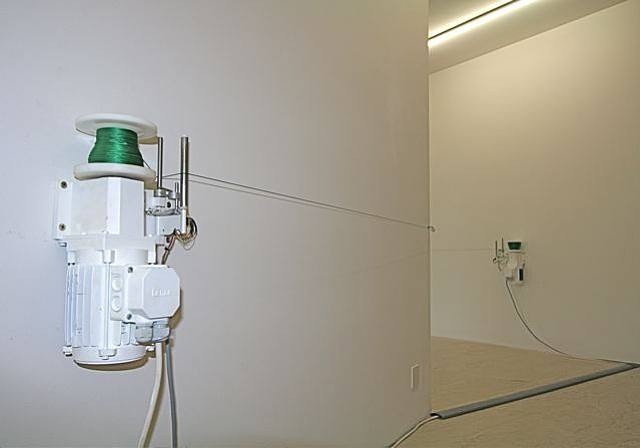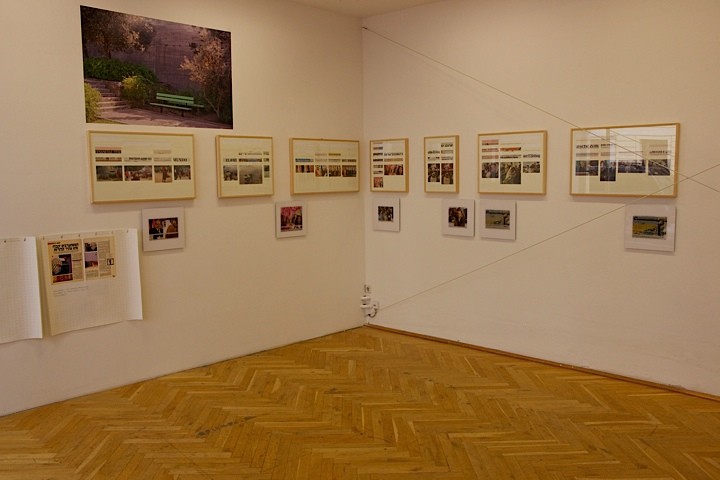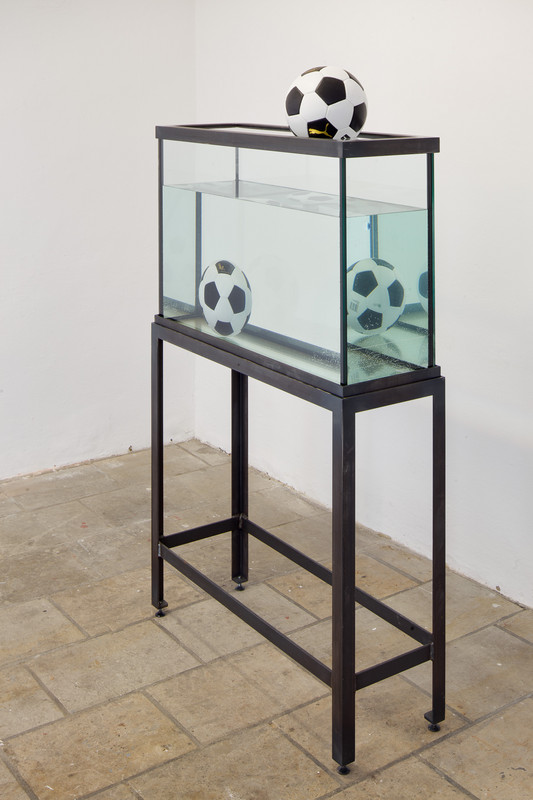IS THAT TRUE? POSSIBILITIES OF (NON-)KNOWLEDGE



It is meanwhile a canonised basic assumption in all thought on knowledge that knowledge and power stand in a close and complex relationship to each other. The separation of knowledge and non-knowledge is an effect of power, it creates a demarcation line between powerful knowledge and deliberately generated non-knowledge.
In our approach, non-knowledge is not equated with ignorance in the sense of something that can be remedied. Instead, it is situated beyond the flowing border of what is accepted as legitimate knowledge. Therefore, non-knowledge possesses the potential to view existing knowledge in a different and novel way, thus shifting the border between knowledge and non-knowledge.
While knowledge production in science strives for insights, unambiguousness and truth, knowledge production in art is different. The knowledge that art generates and negotiates is unstable, often indeterminable and ambiguous. Neither can it be verified, nor do the methods that produce it comply with scientific techniques. Are artistic processes therefore always already a form of non-knowledge for the reason that they tend to cast doubt on the stability of existing knowledge instead of creating stable knowledge?
In the exhibition is that true? possibilities of (non-)knowledge at Kunsthaus Dresden – Städtische Galerie für Gegenwartskunst, the border between knowledge and non-knowledge is grasped as a gap that art can render productive. The artistic positions gathered here negotiate knowledge and non-knowledge in different ways. Several artistic strategies aim at exposing the visual construction principles of images by fragmenting and re-contextualising them, thus producing a different kind of image-related knowledge. Others reduce experimental set-ups to absurdity in that they do not attribute any scientific cognitive interest to them.
*
The exhibition takes place on the occasion of the stipend programme kiss – Kultur in Schule und Studium (www.bdk-online.info/kiss) organised by the BDK e. V. (Fachverband für Kunstpädagogik) together with the Siemens Stiftung and supported by the Robert Bosch Stiftung; it is accompanied by the conference ›Aktuelle Kunst und Medienkultur in der Schule‹, organised by Sara Burkhardt and Torsten Meyer from September 30 to October 1, 2011. (More information at www.buko12.de/part06).
During the Museum Summer Night on July 9, 2011, a panel discussion will be held at 9 pm at Kunsthaus Dresden with former kiss stipend recipients and Jun.-Prof. Dr. Sara Burkhardt. In the framework of the exhibition, Prof. Dr. Kathrin Busch will give a lecture on artistic research at Kunsthaus Dresden in September 2011.
curated by Petra Reichensperger
Exhibition at Kunsthaus Dresden – Städtische Galerie für Gegenwartskunst
